- Browse
- Literature
Literature Courses
Literature courses can help you learn narrative techniques, character development, thematic analysis, and various literary genres. You can build skills in critical reading, textual interpretation, and effective writing through close examination of texts. Many courses introduce tools like literary theory frameworks and digital annotation platforms, which enhance your ability to analyze and engage with literature in both academic and creative contexts.
Popular Literature Courses and Certifications
 Status: PreviewPreviewT
Status: PreviewPreviewTThe University of Edinburgh
Skills you'll gain: Writing
4.7·Rating, 4.7 out of 5 stars20 reviewsBeginner · Course · 1 - 4 Weeks
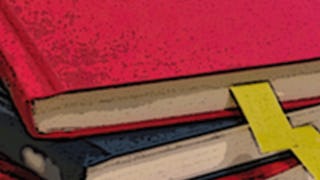 Status: Free TrialFree TrialW
Status: Free TrialFree TrialWWesleyan University
Skills you'll gain: Storytelling, Peer Review, Writing and Editing, Writing, Editing, Proofreading, Storyboarding, Content Creation, Constructive Feedback, Persistence, Professionalism, Creativity
4.6·Rating, 4.6 out of 5 stars6.4K reviewsBeginner · Specialization · 3 - 6 Months
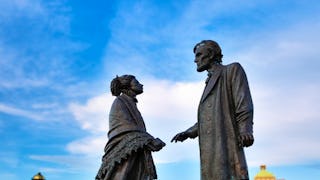 Status: Free TrialFree TrialD
Status: Free TrialFree TrialDDartmouth College
Skills you'll gain: Storytelling, Oral Expression, Writing, Liberal Arts, Editing, Ethical Standards And Conduct, Research, Diversity Awareness, Social Studies, Social Justice, World History, Cultural Diversity, Culture, Creativity, Political Sciences, Advocacy, Public History
4.6·Rating, 4.6 out of 5 stars19 reviewsBeginner · Specialization · 3 - 6 Months
 Status: PreviewPreviewU
Status: PreviewPreviewUUniversity of Pennsylvania
Skills you'll gain: Ancient History, Art History, Liberal Arts, Cultural Diversity, World History, Performing Arts, Anthropology, Sociology, Psychology
4.8·Rating, 4.8 out of 5 stars2.6K reviewsMixed · Course · 1 - 3 Months
 Status: FreeFreeU
Status: FreeFreeUUniversity of Pennsylvania
Skills you'll gain: English Language, Language Interpretation, Translation, and Studies, Liberal Arts, Literacy, World History, Performing Arts
4.8·Rating, 4.8 out of 5 stars661 reviewsBeginner · Course · 3 - 6 Months
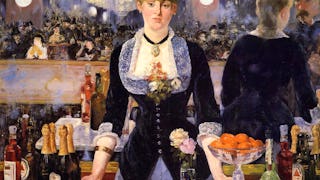 Status: PreviewPreviewW
Status: PreviewPreviewWWesleyan University
Skills you'll gain: Aesthetics, Art History, European History, Liberal Arts, World History, Culture, Socioeconomics, Political Sciences, Sociology
4.8·Rating, 4.8 out of 5 stars1K reviewsMixed · Course · 1 - 3 Months
What brings you to Coursera today?
 Status: PreviewPreviewD
Status: PreviewPreviewDDuke University
Skills you'll gain: Literacy, Research Methodologies, English Language, Editing, Grammar, Graphic and Visual Design, Peer Review, Style Guides
4.6·Rating, 4.6 out of 5 stars1.3K reviewsBeginner · Course · 1 - 3 Months
 Status: PreviewPreviewU
Status: PreviewPreviewUUniversity of Virginia
Skills you'll gain: Public History, Writing, Storytelling, Writing and Editing, World History, European History, Liberal Arts, Creativity
4.6·Rating, 4.6 out of 5 stars627 reviewsBeginner · Course · 1 - 3 Months
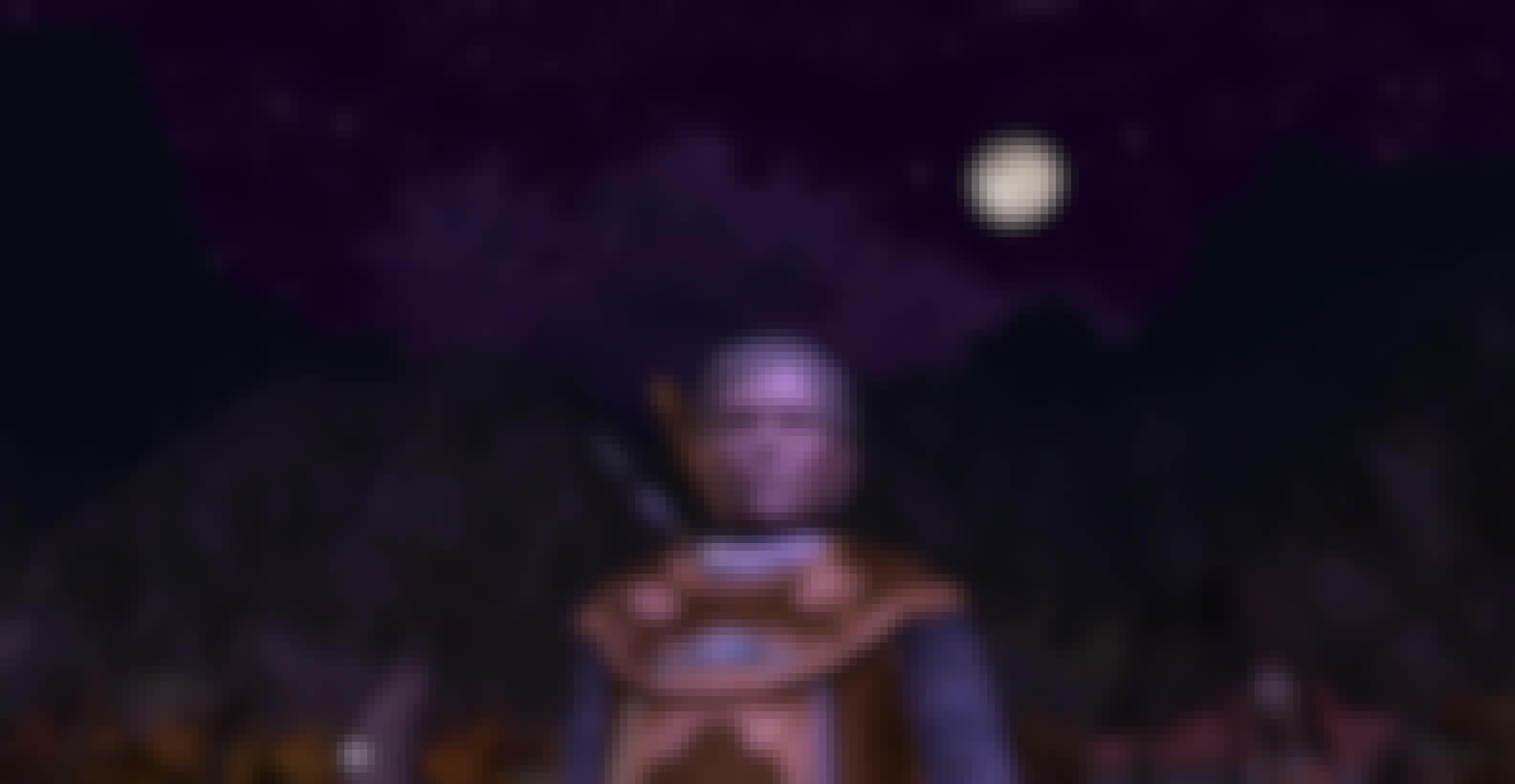 Status: PreviewPreviewV
Status: PreviewPreviewVVanderbilt University
Skills you'll gain: Storytelling, Game Design, Video Game Development, Animation and Game Design, Multimedia, Media and Communications, Art History, Interactive Learning, Psychology
4.6·Rating, 4.6 out of 5 stars203 reviewsBeginner · Course · 1 - 3 Months
 Status: Free TrialFree TrialJ
Status: Free TrialFree TrialJJohns Hopkins University
Skills you'll gain: Biostatistics, Statistical Hypothesis Testing, Logistic Regression, Regression Analysis, Sampling (Statistics), Statistical Methods, Histogram, Box Plots, Statistical Visualization, Statistical Analysis, Quantitative Research, Descriptive Statistics, Probability & Statistics, Epidemiology, Statistical Inference, Probability Distribution, Public Health, Scientific Methods, Statistics, Statistical Modeling
4.8·Rating, 4.8 out of 5 stars2.4K reviewsBeginner · Specialization · 3 - 6 Months
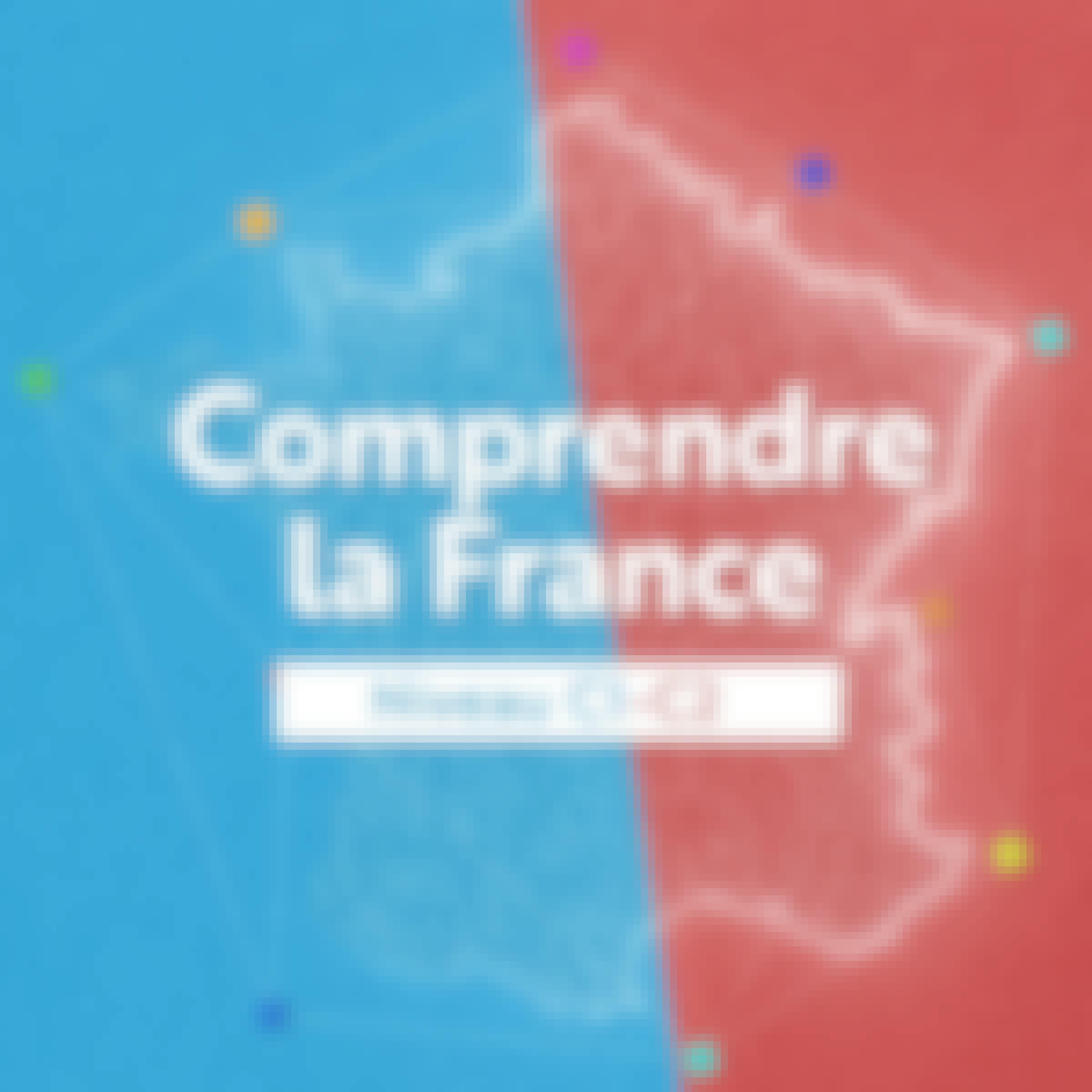 Status: PreviewPreviewÉ
Status: PreviewPreviewÉÉcole Polytechnique
Skills you'll gain: Oral Expression, Language Competency, Persuasive Communication, Oral Comprehension, Writing, Vocabulary, Language Learning, Grammar, Culture, Political Sciences, Liberal Arts, Cultural Diversity, Intercultural Competence, European History, Art History, World History, Science and Research, Social Sciences, Public Policies, Cinematography
4.9·Rating, 4.9 out of 5 stars154 reviewsAdvanced · Course · 1 - 3 Months
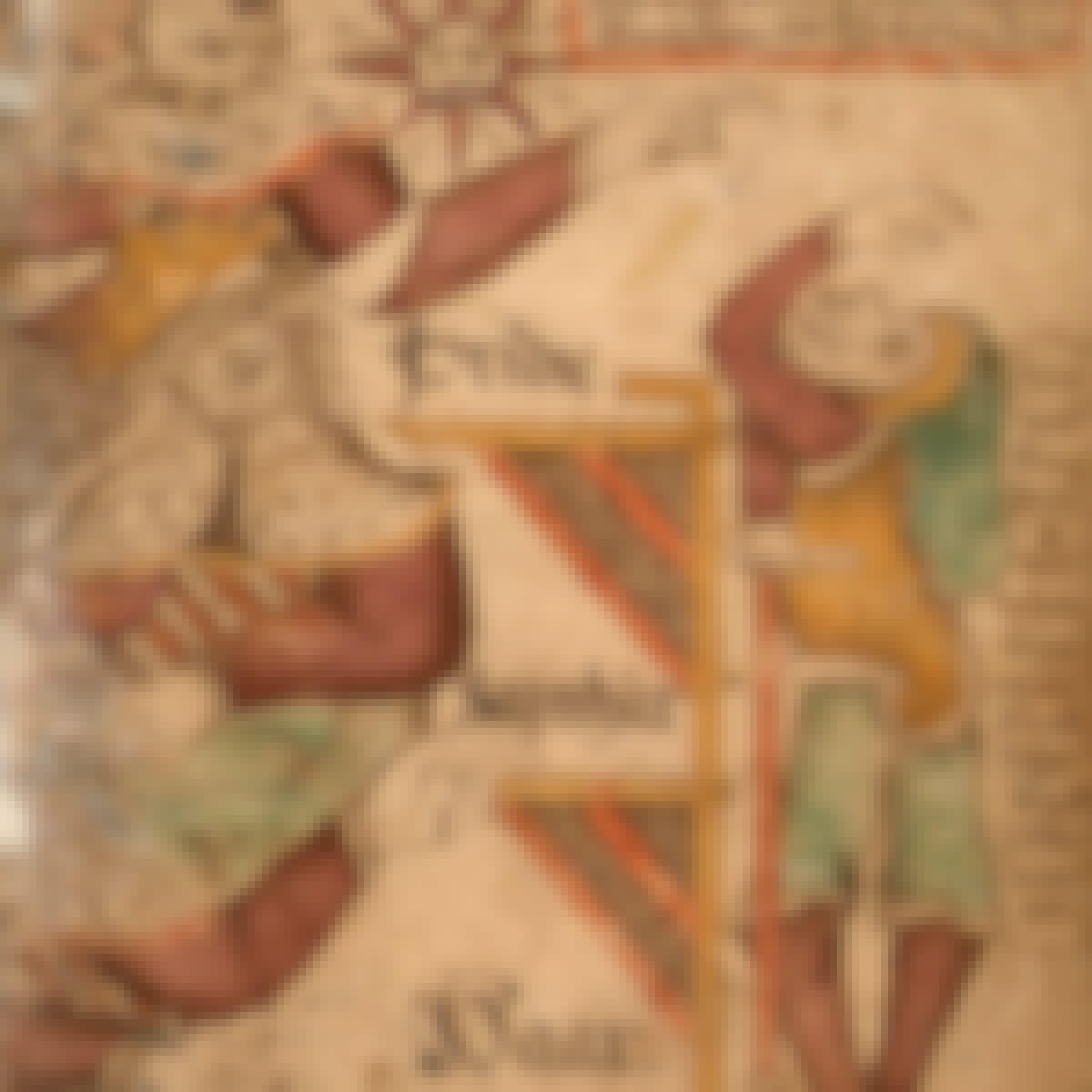 U
UUniversity of Colorado Boulder
Skills you'll gain: Ancient History, World History, Research, European History, Storytelling, Culture, Language Interpretation, Translation, and Studies
4.6·Rating, 4.6 out of 5 stars368 reviewsBeginner · Course · 1 - 4 Weeks
Searches related to literature
In summary, here are 10 of our most popular literature courses
- How to Read a Novel: The University of Edinburgh
- Creative Writing: Wesleyan University
- American Renaissance: Classic Literature of the 19th Century: Dartmouth College
- Greek and Roman Mythology: University of Pennsylvania
- Modern & Contemporary American Poetry (“ModPo”): University of Pennsylvania
- The Modern and the Postmodern (Part 1): Wesleyan University
- English Composition I: Duke University
- Plagues, Witches, and War: The Worlds of Historical Fiction: University of Virginia
- Online Games: Literature, New Media, and Narrative: Vanderbilt University
- Biostatistics in Public Health: Johns Hopkins University
Frequently Asked Questions about Literature
Literature is a broad term that encompasses written works, including fiction, poetry, drama, and essays. It serves as a reflection of human experience, culture, and emotions, allowing individuals to explore complex themes and ideas. The importance of literature lies in its ability to foster empathy, critical thinking, and creativity. Through literature, readers can gain insights into different perspectives, historical contexts, and the human condition, making it a vital component of education and personal growth.
A background in literature can open doors to various career paths. Common job opportunities include roles in education, such as teaching or curriculum development, as well as positions in publishing, editing, and writing. Additionally, literature graduates may find careers in marketing, public relations, and content creation, where strong communication skills are essential. The analytical and interpretive skills gained from studying literature are highly valued in many fields, making it a versatile area of study.
To succeed in literature, several key skills are beneficial. Strong reading comprehension and analytical skills are essential for interpreting texts and understanding themes. Writing skills are equally important, as they enable individuals to express their thoughts clearly and persuasively. Critical thinking and the ability to engage with diverse perspectives will enhance your understanding of literature. Additionally, familiarity with literary theory and history can deepen your appreciation and analysis of various works.
There are many online literature courses available that cater to different interests and skill levels. Some notable options include the American Renaissance: Classic Literature of the 19th Century Specialization, which explores significant literary movements and figures. Another engaging course is Online Games: Literature, New Media, and Narrative, which examines the intersection of literature and digital media. These courses provide valuable insights and skills for anyone interested in literature.
Yes. You can start learning literature on Coursera for free in two ways:
- Preview the first module of many literature courses at no cost. This includes video lessons, readings, graded assignments, and Coursera Coach (where available).
- Start a 7-day free trial for Specializations or Coursera Plus. This gives you full access to all course content across eligible programs within the timeframe of your trial.
If you want to keep learning, earn a certificate in literature, or unlock full course access after the preview or trial, you can upgrade or apply for financial aid.
Learning literature can be approached in various ways. Start by selecting a course that aligns with your interests, whether it's classic literature, contemporary works, or specific genres. Engage with the material through reading, writing reflections, and participating in discussions. Consider joining online forums or study groups to share insights and deepen your understanding. Regularly practicing your writing and analytical skills will also enhance your learning experience.
Literature courses typically cover a range of topics, including literary analysis, historical context, and thematic exploration. You may study different genres, such as poetry, drama, and fiction, and examine influential authors and their works. Courses often include discussions on literary theory, critical perspectives, and the role of literature in society. Additionally, some courses may explore the relationship between literature and other media, such as film and digital storytelling.
For training and upskilling employees, literature courses that focus on communication, critical thinking, and creativity can be particularly beneficial. Courses like the Writing and Disseminating Grey Literature can enhance writing skills essential for effective communication in the workplace. Additionally, exploring literature that intersects with other fields, such as Online Games: Literature, New Media, and Narrative, can provide innovative perspectives that are valuable in various professional contexts.










